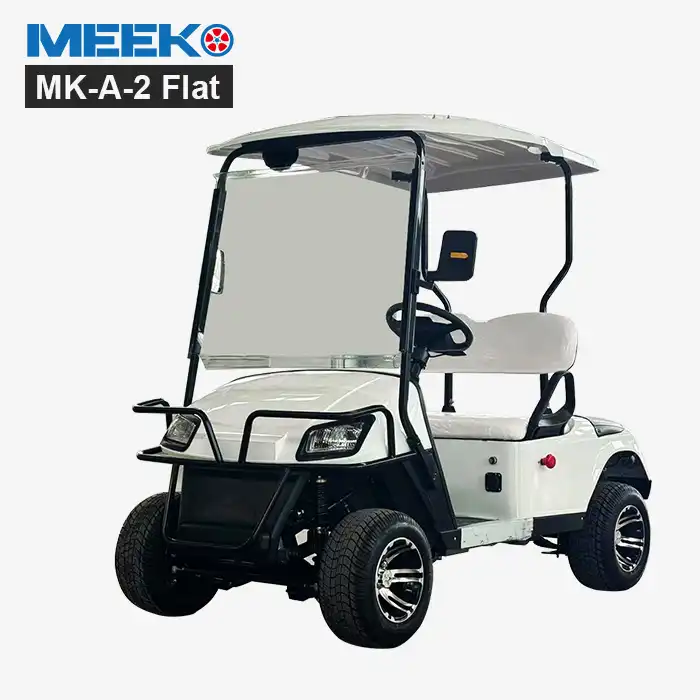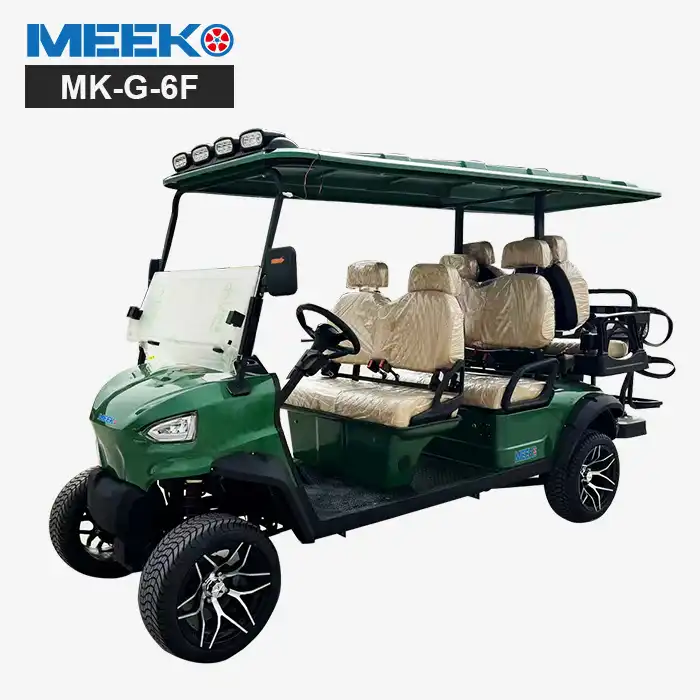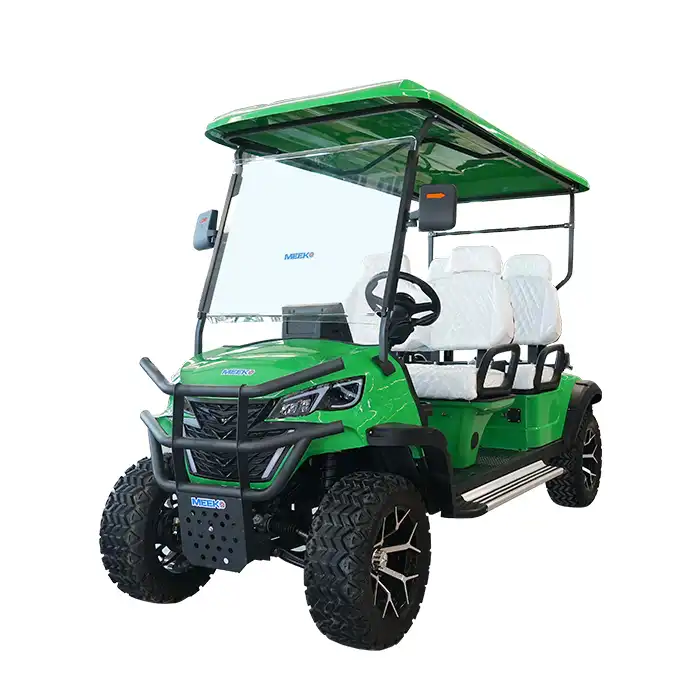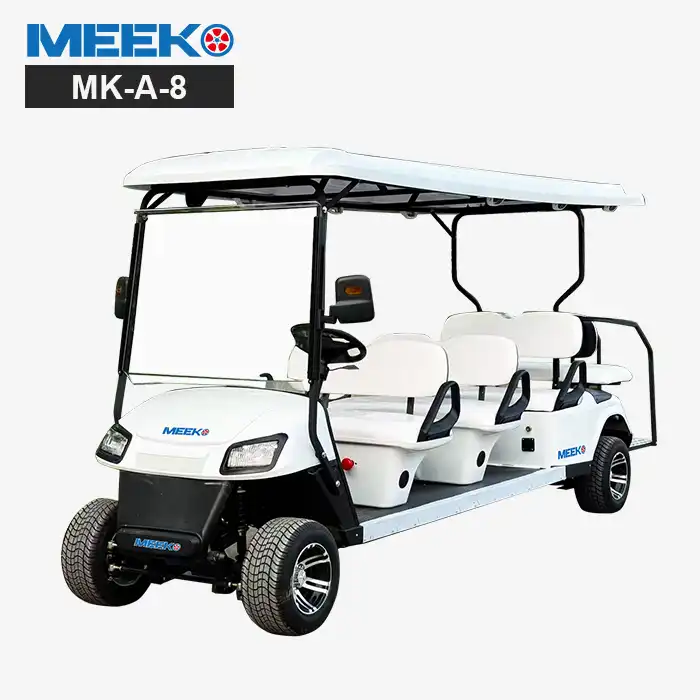- English
- French
- German
- Portuguese
- Spanish
- Russian
- Japanese
- Korean
- Arabic
- Greek
- German
- Turkish
- Italian
- Danish
- Romanian
- Indonesian
- Czech
- Afrikaans
- Swedish
- Polish
- Basque
- Catalan
- Esperanto
- Hindi
- Lao
- Albanian
- Amharic
- Armenian
- Azerbaijani
- Belarusian
- Bengali
- Bosnian
- Bulgarian
- Cebuano
- Chichewa
- Corsican
- Croatian
- Dutch
- Estonian
- Filipino
- Finnish
- Frisian
- Galician
- Georgian
- Gujarati
- Haitian
- Hausa
- Hawaiian
- Hebrew
- Hmong
- Hungarian
- Icelandic
- Igbo
- Javanese
- Kannada
- Kazakh
- Khmer
- Kurdish
- Kyrgyz
- Latin
- Latvian
- Lithuanian
- Luxembou..
- Macedonian
- Malagasy
- Malay
- Malayalam
- Maltese
- Maori
- Marathi
- Mongolian
- Burmese
- Nepali
- Norwegian
- Pashto
- Persian
- Punjabi
- Serbian
- Sesotho
- Sinhala
- Slovak
- Slovenian
- Somali
- Samoan
- Scots Gaelic
- Shona
- Sindhi
- Sundanese
- Swahili
- Tajik
- Tamil
- Telugu
- Thai
- Ukrainian
- Urdu
- Uzbek
- Vietnamese
- Welsh
- Xhosa
- Yiddish
- Yoruba
- Zulu
How to Select the Perfect Compact Electric Golf Cart for Commercial Use?
Picture this scenario: you're managing a busy golf course or resort, and your current fleet of golf carts is constantly breaking down, causing delays and frustrated customers. The maintenance costs are skyrocketing, and the outdated vehicles are harming your facility's professional image. Selecting the perfect compact electric golf cart for commercial use isn't just about transportation - it's about enhancing operational efficiency, reducing long-term costs, and delivering exceptional customer experiences. This comprehensive guide will walk you through the critical factors that separate premium commercial-grade Compact Electric Golf Cart solutions from basic recreational models, helping you make an informed investment that transforms your business operations while maximizing return on investment.
Essential Performance Specifications for Commercial Compact Electric Golf Carts
When evaluating a Compact Electric Golf Cart for commercial applications, performance specifications serve as the foundation of your decision-making process. Commercial operations demand vehicles that can withstand continuous daily use while maintaining consistent performance across varying terrain conditions. The motor power requirements for commercial Compact Electric Golf Cart units typically range from 3.5kW to 7.5kW, with famous brand DPD motors providing the reliability needed for intensive commercial operations. This power range ensures adequate torque for climbing grades between 35% to 45%, which is essential for golf courses with challenging topography. Battery technology represents another crucial performance factor in commercial Compact Electric Golf Cart selection. Modern commercial units offer flexibility between lead-acid and lithium battery configurations, with voltage options spanning 48V to 72V systems. Lithium-ion batteries, particularly 48V-72V configurations with 100-200A capacity, deliver superior performance with extended range capabilities reaching up to 150 kilometers on a single charge. This extended range eliminates the anxiety of mid-round battery depletion while reducing charging frequency requirements that can disrupt commercial operations. Speed capabilities in commercial Compact Electric Golf Cart models typically range from 25-50 km/h, allowing for efficient transportation across large facilities while maintaining safe operation standards. The controller system, featuring famous brand Enpower soft start technology, ensures smooth acceleration and deceleration, reducing wear on drivetrain components while providing comfortable passenger experiences. These performance specifications directly impact operational efficiency, customer satisfaction, and long-term maintenance costs in commercial environments.
-
Motor and Drivetrain Considerations
The drivetrain configuration of your commercial Compact Electric Golf Cart significantly influences both performance and maintenance requirements. AC motors in the 3.5-7.5kW range offer superior efficiency compared to DC alternatives, providing consistent power delivery throughout the charge cycle. The integration of regenerative braking systems in modern Compact Electric Golf Cart models not only extends battery life but also reduces brake pad wear, lowering maintenance costs over the vehicle's operational lifetime. Single-stage rack and pinion steering systems with automatic rocker compensating function provide precise vehicle control while reducing driver fatigue during extended use periods. This steering configuration is particularly beneficial in commercial applications where drivers may operate vehicles for multiple hours daily. The combination of responsive steering and smooth motor operation creates a professional driving experience that reflects positively on your facility's quality standards. Climbing capability remains a critical specification for golf course applications where elevation changes are common. Commercial-grade Compact Electric Golf Cart models with 35-45% climbing capability ensure reliable performance on steep fairway transitions and cart path inclines. This climbing ability must be maintained even under full passenger and equipment loads, requiring robust motor and battery combinations that can sustain peak power output during demanding conditions.
Battery Technology and Power Management Systems
Battery selection represents one of the most critical decisions in commercial Compact Electric Golf Cart procurement, directly impacting operational costs, performance reliability, and maintenance requirements. Modern commercial operations benefit from advanced lithium-ion battery technologies that offer superior energy density, extended cycle life, and reduced maintenance compared to traditional lead-acid alternatives. The 48V-72V lithium systems provide consistent power delivery throughout the discharge cycle, maintaining vehicle performance even as battery charge decreases. Power management systems in premium Compact Electric Golf Cart models incorporate intelligent charging algorithms that optimize battery life while minimizing charging time. These systems prevent overcharging and deep discharge conditions that can permanently damage battery cells, extending the overall lifespan of your investment. Advanced battery management includes temperature monitoring, cell balancing, and predictive maintenance alerts that help fleet managers optimize charging schedules and identify potential issues before they result in vehicle downtime. Commercial facilities should evaluate the total cost of ownership when comparing battery technologies in Compact Electric Golf Cart options. While lithium systems require higher initial investment, their extended cycle life (typically 2000-5000 cycles versus 300-500 for lead-acid), reduced maintenance requirements, and superior performance characteristics often result in lower long-term operational costs. The ability to opportunity charge lithium batteries without damage allows for flexible charging schedules that can accommodate peak operational periods without compromising battery health.
-
Charging Infrastructure Requirements
Successful commercial Compact Electric Golf Cart operations require comprehensive charging infrastructure planning that accommodates fleet size, operational schedules, and peak demand periods. Modern charging systems offer flexibility in installation configurations, from basic 110V outlets for smaller fleets to dedicated 220V charging stations for rapid fleet replenishment. Smart charging systems can prioritize vehicle charging based on operational schedules, ensuring adequate charge levels for peak periods while managing electrical demand to avoid utility peak charges. Battery charging time represents a critical operational consideration, with fast-charging capable Compact Electric Golf Cart models reducing downtime between operational periods. Lithium battery systems typically offer charging times of 3-6 hours for full replenishment, compared to 8-12 hours required for lead-acid alternatives. This charging speed advantage allows for more flexible operational scheduling and reduces the total fleet size required to maintain continuous service availability. Charging station location and accessibility significantly impact operational efficiency in commercial environments. Centralized charging areas should provide easy vehicle access while maintaining security for expensive equipment. Weather protection for charging stations ensures reliable operation in all conditions while protecting electrical connections from moisture and debris that could compromise system reliability.
Build Quality and Durability Features
Commercial-grade Compact Electric Golf Cart construction must withstand the rigorous demands of daily commercial operation while maintaining professional appearance standards throughout their service life. Frame construction utilizing Glasurit paint systems with phosphating, electrophoresis, and powder coating provides superior corrosion resistance compared to basic paint finishes. This multi-stage finishing process ensures long-term durability even in challenging outdoor environments with exposure to moisture, salt air, and UV radiation. Body construction using high-quality PP plastic offers several advantages for commercial Compact Electric Golf Cart applications, including impact resistance, UV stability, and ease of repair if damage occurs. PP plastic construction maintains color stability over time while providing sufficient flexibility to absorb minor impacts without cracking or permanent deformation. This material choice reduces long-term appearance maintenance costs while maintaining professional aesthetics throughout the vehicle's service life. Suspension systems play a crucial role in passenger comfort and vehicle longevity in commercial applications. McPherson independent suspension systems provide superior ride quality compared to basic leaf spring alternatives while reducing stress on vehicle frames and components. Independent suspension maintains tire contact with ground surfaces on uneven terrain, improving traction and reducing tire wear while providing comfortable passenger experiences that enhance customer satisfaction.
-
Structural Engineering and Safety Features
Floor construction in commercial Compact Electric Golf Cart models requires robust engineering to withstand continuous loading and environmental exposure. Electrophoresis treatment of welded steel plate floors provides superior corrosion resistance while maintaining structural integrity under varied load conditions. Non-slip rubber floor mats enhance passenger safety while protecting underlying floor structures from moisture and debris accumulation. Lighting systems utilizing LED technology offer several advantages for commercial Compact Electric Golf Cart operations, including reduced power consumption, extended service life, and improved visibility. All-LED lighting configurations provide consistent illumination while drawing minimal power from the battery system, extending vehicle range without compromising safety. LED lights also offer superior vibration resistance compared to incandescent alternatives, reducing maintenance requirements in commercial applications. Safety features should be evaluated comprehensively when selecting commercial Compact Electric Golf Cart models, including parking brake systems, speed limiting capabilities, and emergency shutdown procedures. Advanced safety systems may include roll bars, seat belts, and impact-resistant body panels that protect passengers while meeting local safety regulations. These safety features protect both passengers and operators while potentially reducing insurance costs for commercial operations.
Customization and Fleet Management Considerations
Commercial Compact Electric Golf Cart operations benefit significantly from customization capabilities that allow vehicles to be tailored for specific operational requirements. OEM service options enable personalized design services for various styles, colors, battery configurations, wheel selections, and seating arrangements that align with facility branding and operational needs. This customization capability ensures that your Compact Electric Golf Cart fleet integrates seamlessly with your facility's aesthetic standards while providing the functional capabilities required for your specific applications. Fleet management considerations extend beyond individual vehicle specifications to encompass maintenance scheduling, parts availability, and service support systems. Commercial operations require suppliers who maintain extensive inventory of parts and accessories for popular models, ensuring rapid replacement when maintenance needs arise. The ability to receive warranty parts quickly minimizes vehicle downtime and maintains service availability during peak operational periods. Diverse manufacturing molds enable manufacturers to offer personalized design services that accommodate various operational requirements while maintaining cost-effective production methods. This flexibility allows commercial operators to specify unique features such as specialized storage compartments, custom seating configurations, or operational equipment mounting points that enhance vehicle functionality for specific applications.
-
Operational Efficiency and Maintenance Planning
Maintenance planning for commercial Compact Electric Golf Cart fleets requires comprehensive understanding of service intervals, parts availability, and technical support resources. Mature technical teams provide valuable support during the design phase, helping operators specify vehicle configurations that optimize performance while minimizing maintenance requirements. This collaborative approach ensures that selected vehicles meet operational requirements while providing long-term reliability. After-sales support systems become critical factors in commercial Compact Electric Golf Cart selection, particularly for operations that require high vehicle availability. Suppliers offering comprehensive parts inventories and rapid shipping capabilities help minimize downtime when maintenance needs arise. The availability of technical support resources, including troubleshooting guides and service documentation, enables facility maintenance teams to perform routine service procedures without requiring specialized external support. Training and documentation support helps commercial operators maximize the performance and longevity of their Compact Electric Golf Cart investments. Comprehensive operator training ensures that vehicles are used properly while identifying potential maintenance issues before they result in costly repairs or safety concerns. Well-documented maintenance procedures enable facility staff to perform routine service tasks while identifying when professional service support is required.
Cost Analysis and Return on Investment
Commercial Compact Electric Golf Cart procurement requires comprehensive cost analysis that extends beyond initial purchase price to encompass total cost of ownership throughout the vehicle's service life. Initial investment considerations should include not only vehicle costs but also charging infrastructure, training requirements, and any facility modifications needed to accommodate the new fleet. Premium manufacturers often provide competitive pricing that reflects the value of superior build quality and comprehensive support services. Operational cost analysis must consider energy consumption, maintenance requirements, and replacement part costs over the expected service life of commercial Compact Electric Golf Cart units. Electric vehicles typically offer significant operational cost advantages compared to gasoline alternatives, with lower energy costs per mile and reduced maintenance requirements due to fewer moving parts. Battery replacement costs should be factored into long-term financial planning, though modern lithium systems offer extended service life that may span the entire vehicle operational period. Return on investment calculations should include both direct cost savings and indirect benefits such as improved customer satisfaction, reduced noise pollution, and enhanced facility image. Commercial facilities often find that premium Compact Electric Golf Cart fleets contribute to positive customer experiences that support higher facility utilization and customer retention rates. The environmental benefits of electric vehicle operation may also support sustainability initiatives that appeal to environmentally conscious customers.
-
Financing and Procurement Strategies
Commercial Compact Electric Golf Cart procurement benefits from strategic planning that considers seasonal operational patterns, facility growth projections, and technology evolution trends. Fleet replacement scheduling can be optimized to take advantage of manufacturer incentives while ensuring adequate vehicle availability during peak operational periods. Phased replacement strategies allow for operational continuity while upgrading fleet capabilities over time. Manufacturer selection criteria should emphasize factors such as technical support capabilities, parts availability, warranty coverage, and long-term business stability. Established manufacturers with comprehensive dealer networks and proven track records provide greater assurance of long-term support compared to newer market entrants. The ability to provide fast delivery, typically within one week of order confirmation, supports operational planning and reduces procurement lead times. Warranty coverage and service agreements provide important protection for commercial Compact Electric Golf Cart investments while ensuring predictable maintenance costs. Comprehensive warranty programs that cover both parts and labor help minimize unexpected repair expenses while providing access to factory-trained technicians familiar with specific vehicle systems. Extended warranty options may provide additional protection for high-utilization commercial applications.
Conclusion
Selecting the perfect Compact Electric Golf Cart for commercial use requires careful evaluation of performance specifications, build quality, customization options, and total cost of ownership. The decision impacts operational efficiency, customer satisfaction, and long-term profitability of commercial golf facilities.
Cooperate with Shandong Meeko New Energy Tech Inc.
As a leading China Compact Electric Golf Cart manufacturer and China Compact Electric Golf Cart supplier since 2015, Shandong Meeko New Energy Tech Inc. offers comprehensive solutions for commercial golf facilities worldwide. Our China Compact Electric Golf Cart factory produces High Quality Compact Electric Golf Cart models with competitive Compact Electric Golf Cart price points, featuring diverse manufacturing molds for personalized designs, fast delivery within one week, and extensive after-sale parts inventory. As a trusted China Compact Electric Golf Cart wholesale partner, we provide OEM services, customization capabilities, and dedicated technical support. Contact us at sales@mingkomach.com to discover our Compact Electric Golf Cart for sale options and transform your commercial operations with premium electric vehicle solutions. Save this guide for future reference when making your procurement decisions.
FAQ
Q: What is the typical lifespan of a commercial compact electric golf cart?
A: Commercial-grade compact electric golf carts typically last 8-15 years with proper maintenance, depending on usage intensity and build quality.
Q: How do I determine the right battery capacity for my commercial needs?
A: Consider daily usage hours, terrain difficulty, and charging opportunities to select appropriate 48V-72V battery configurations for optimal performance.
Q: What maintenance is required for commercial compact electric golf carts?
A: Regular maintenance includes battery care, tire pressure checks, brake inspections, and annual comprehensive service by qualified technicians.
Q: Can compact electric golf carts handle steep golf course terrain?
A: Yes, commercial models with 35-45% climbing capability and proper motor power (3.5-7.5kW) can navigate challenging course topography effectively.
References
1. "Commercial Electric Vehicle Fleet Management Best Practices" by Johnson, M.R., Fleet Management Institute
2. "Battery Technology Advances in Electric Golf Cart Applications" by Chen, L., Electric Vehicle Research Journal
3. "Cost Analysis of Electric vs. Gas Golf Cart Operations" by Thompson, K.D., Commercial Recreation Management
4. "Safety Standards for Commercial Golf Cart Operations" by Williams, S.J., Recreation Facility Safety Association
Learn about our latest products and discounts through SMS or email



